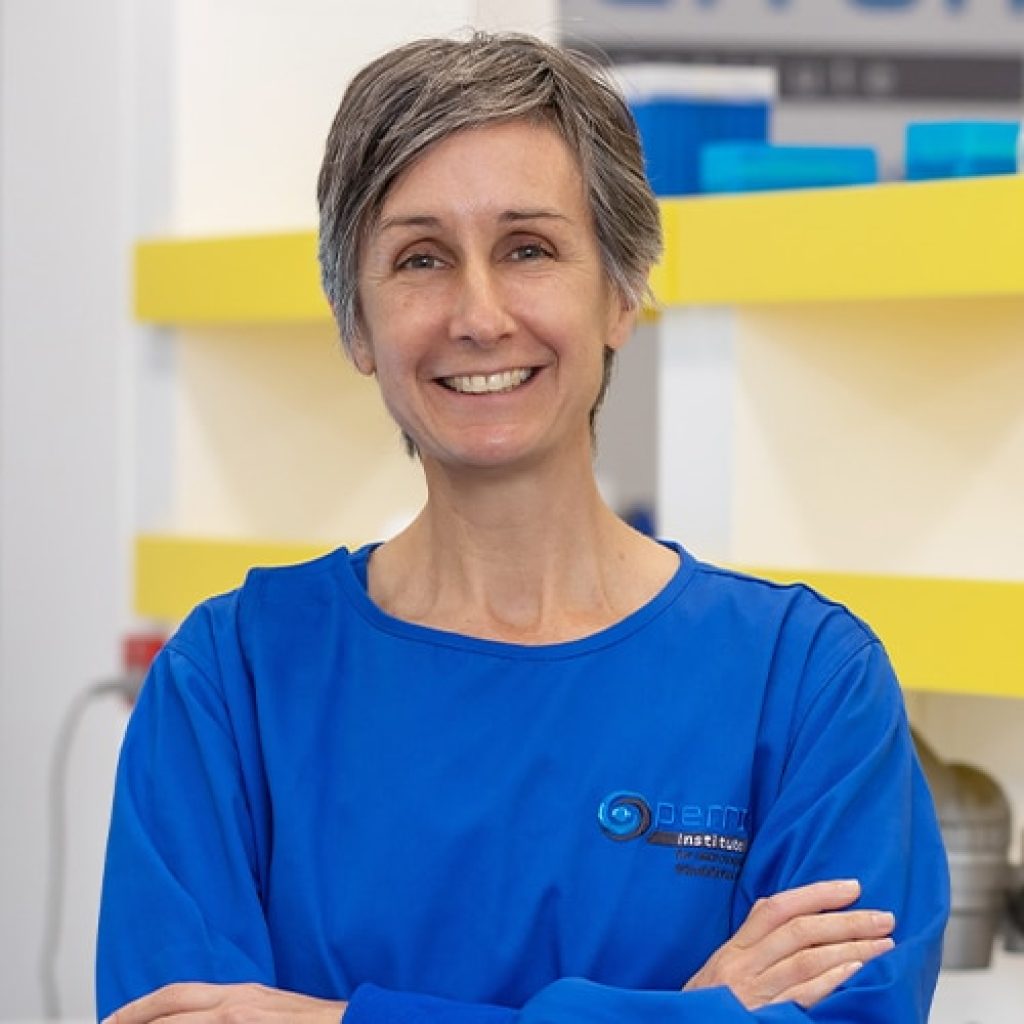TELL US ABOUT YOUR CURRENT RESEARCH PROJECT...
A key feature of multiple sclerosis is the death of oligodendrocytes, the myelinating cells in the brain and spinal cord that are crucial for normal brain activity. My colleague Professor Kaylene Young and I recently demonstrated that a form of brain stimulation, repetitive transcranial magnetic stimulation (rTMS) improves the survival of newborn oligodendrocytes and encourages remyelination. This is exciting because rTMS is non-invasive, has no serious side effects, and has shown promising outcomes in a preliminary clinical trial. In this project, we carry out a series of experiments in brain cell cultures that will allow us to understand the mechanisms whereby rTMS promotes the survival of and myelination by oligodendrocytes. The results will guide the design and optimisation of treatment parameters that can be tested in a future clinical trial to improve outcomes for people with MS.
